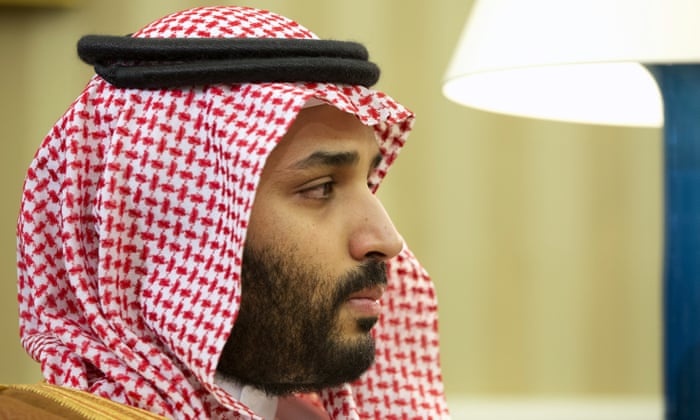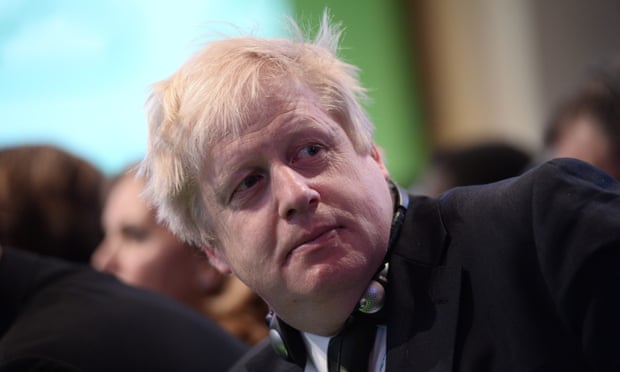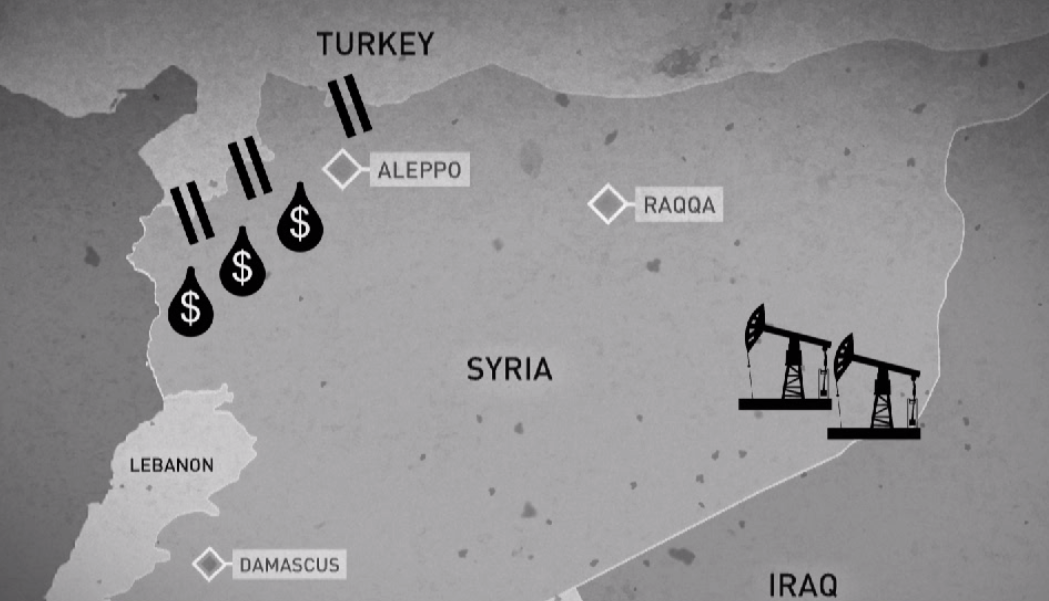Istanbul suicide bomber identified as Saudi, not Syrian, as previously speculated
The Islamic State of Iraq and the Levant (ISIL) suicide bomber who killed 10 tourists by blowing himself up in Istanbul’s touristic Sultanahmet Square has...
The Islamic State of Iraq and the Levant (ISIL) suicide bomber who killed 10 tourists by blowing himself up in Istanbul’s touristic Sultanahmet Square has...

by MEHMET Y. YILMAZThe Middle East has gone even deeper into turmoil since “our ally” Saudi Arabia, with which we recently established a “high-level strategic...

Saudi Arabia beheads 43 Saudi Arabia executed a prominent Shi'ite Muslim cleric and dozens of al Qaeda members on Saturday, signalling it would not tolerate...
Pulitzer-prize-winning journalist Seymour Hersh reports that the administration of President Barack Obama, in particular the CIA, has knowingly armed militant Islamists in Syria, including the...
By Hubert Gude and Wolf Wiedmann-SchmidtIslamist extremist Harry S. wasn't in Syria for long. But during his stay there, he claims, Islamic State leaders repeatedly...

About 60% of fighters in rebel factions in Syria identified with a religious and political ideology similar to that of the terror group, it added.The...

ISR comment:Since Wikileaks released damaging diplomatic cables showing Saudi Arabia's two faced-diplomacy (a public good cop persona and a private bad cop persona calling for...

Saudi Arabia officially beheads more people than any other country in the worldThe Saudis love coalitions. The Sunni monarchy had the Americans, the British, the...
Speaking about the death of one of the two pilots flying the Russian Su-24 warplane that got downed by Turkish fighter jets on Nov. 24,...

London’s mayor says doubts about there being 70,000 ‘moderate’ fighters means allies cannot be picky if they want to defeat jihadisBritain and its allies should...
In a highly unusual moment of a Western politician attacking a critical Arab ally, Sigmar Gabriel says the time has come to make it clear...
No terror organization uses the Internet as successfully when it comes to marketing itself and recruiting supporters as Islamic State (IS) does. But how is...
Leader of the minority opposition Nationalist Movement Party (MHP) Devlet Bahçeli has criticized President Recep Tayyip Erdoğan's stance on speculation that Russia may impose natural...

It is unusual for the BND spy agency to publicly release such a blunt assessment on a country that is considered an ally of the...
Erdoğan told reporters on his plane: “As you know, we [Turkey] have not lived with natural gas our whole lives. We all know how long...

Russia accuses Erdogan of trading oil with ISMoscow has grounds to suspect that Turkey shot down a Russian Su-24 on November 24 to secure illegal...

President Barack Obama said on Tuesday that there is some progress in sealing the border between Turkey and Syria but there are still some "gaps"...
President Erdogan's mistake in shooting down the Russian Su-24 bomber 'has waived the green light' for Russia to initiate a 'no-fly zone' by deploying additional...
...Iraqi Vice President Nuri al-Maliki on Thursday accused Erdoğan of pushing the world to the brink of a global conflict after it downed the Russian...

Source: siyasihaber1.orgTurkey has called for a U.N. Security Council meeting to discuss attacks on Turkmens in neighboring Syria, according to Prime Ministry sources, with Prime...